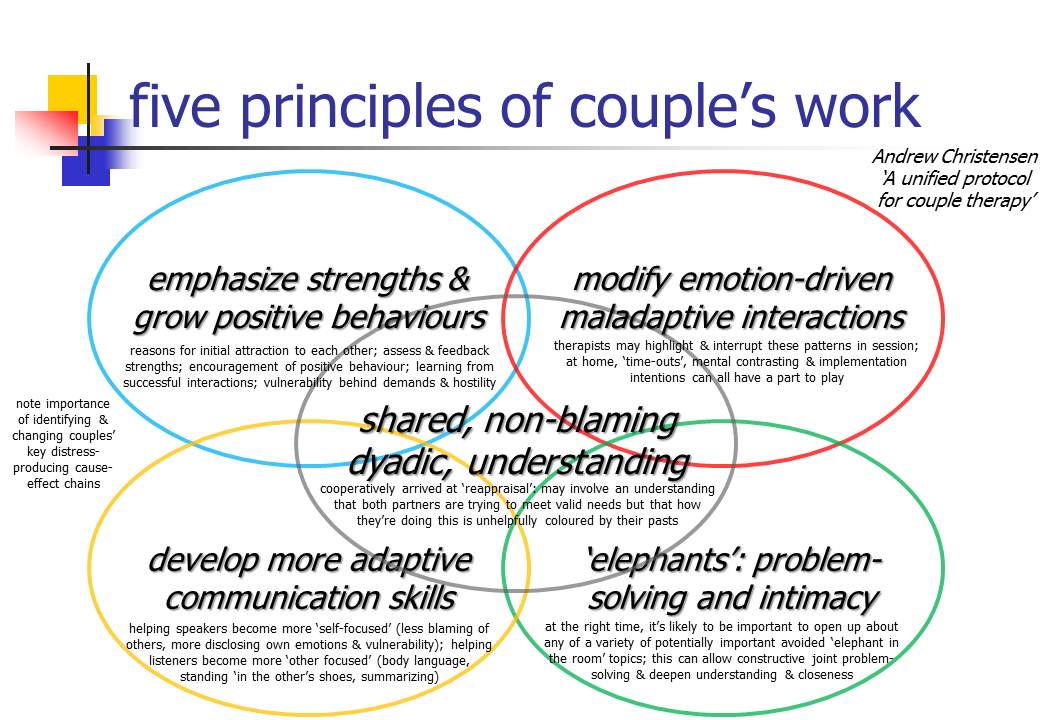Client-directed, outcome-informed therapy: a workshop with Scott Miller
Last updated on 28th May 2013
"The only man I know who behaves sensibly is my tailor; he takes my measurements anew each time he sees me. The rest go on with their old measurements and expect me to fit them." George Bernard Shaw
Wednesday morning - half way through this two day workshop with Scott Miller on client-directed, outcome-informed (CDOI) therapy. I flew into Copenhagen on Monday evening, the plane blown fast from Edinburgh on the last gasps of Hurricane Katia as she slowly expired in her long journey across the Atlantic. I like Copenhagen. Bizarrely, having never been here before, I have now visited three times in the last 18 months - the European Positive Psychology Conference in June last year, a long weekend with my wife in December, and now this two day workshop.

